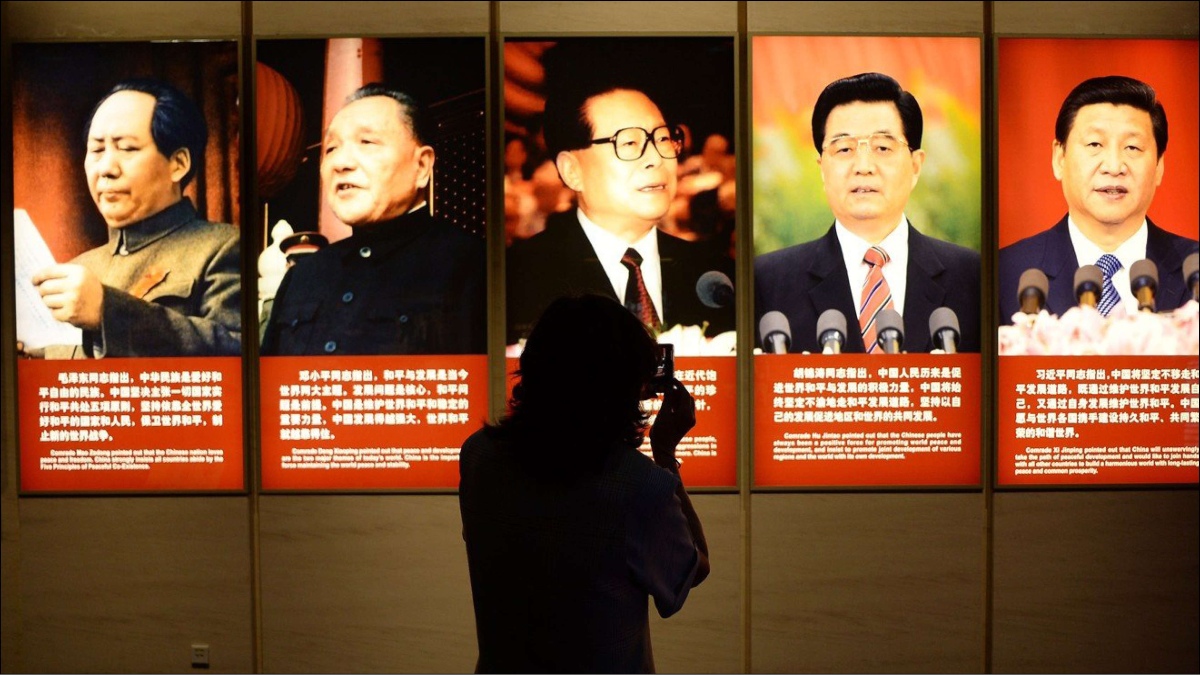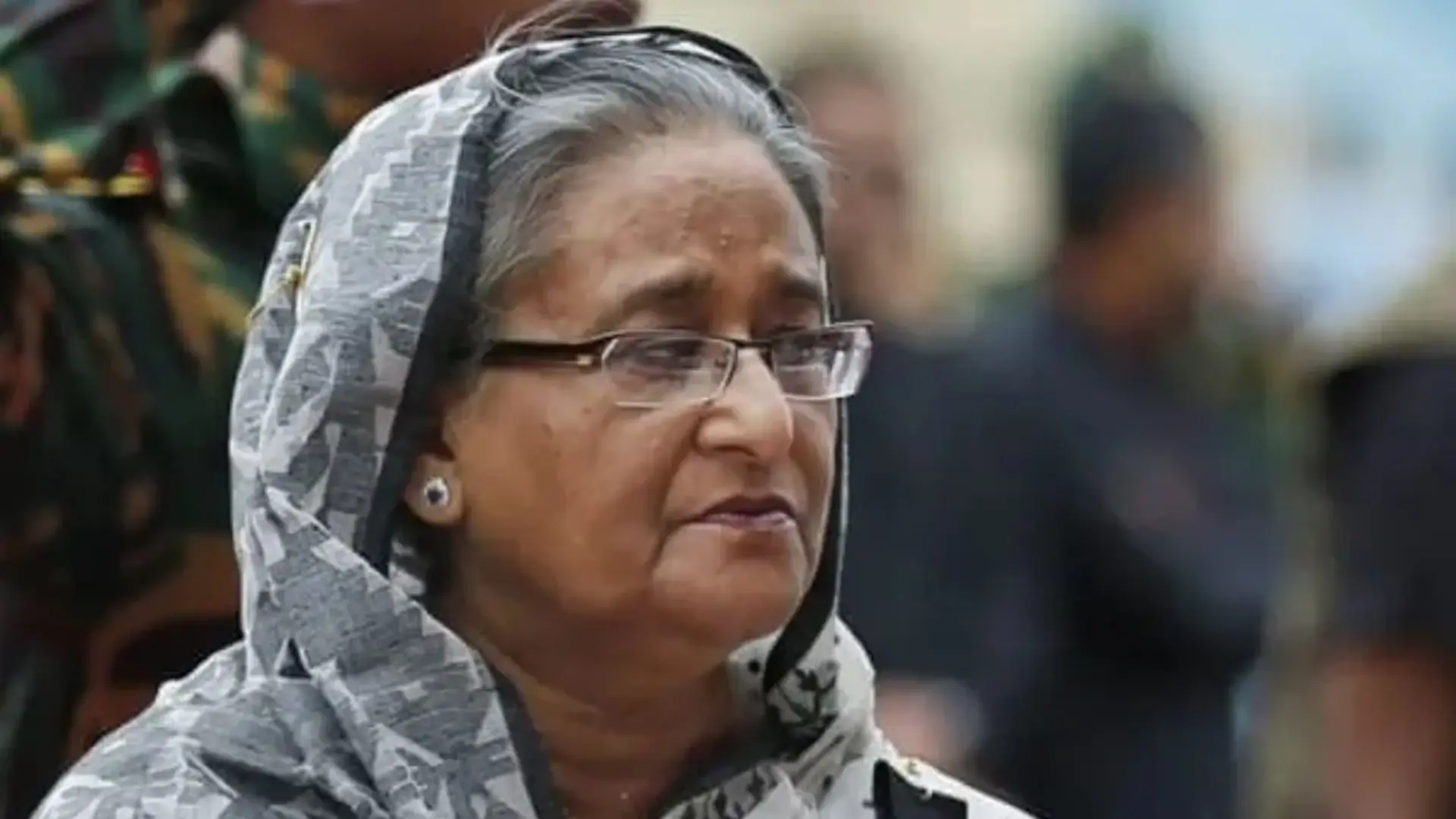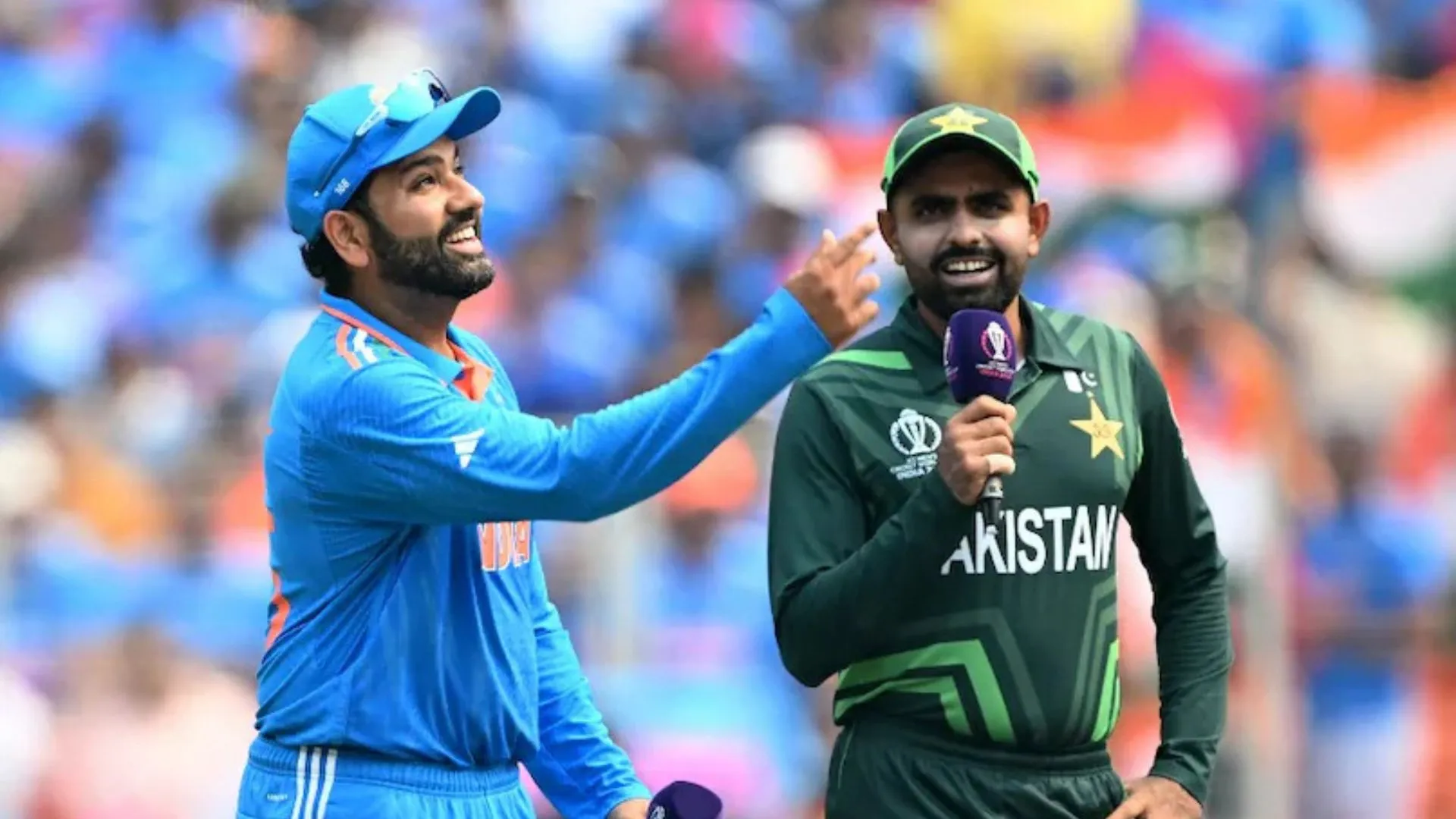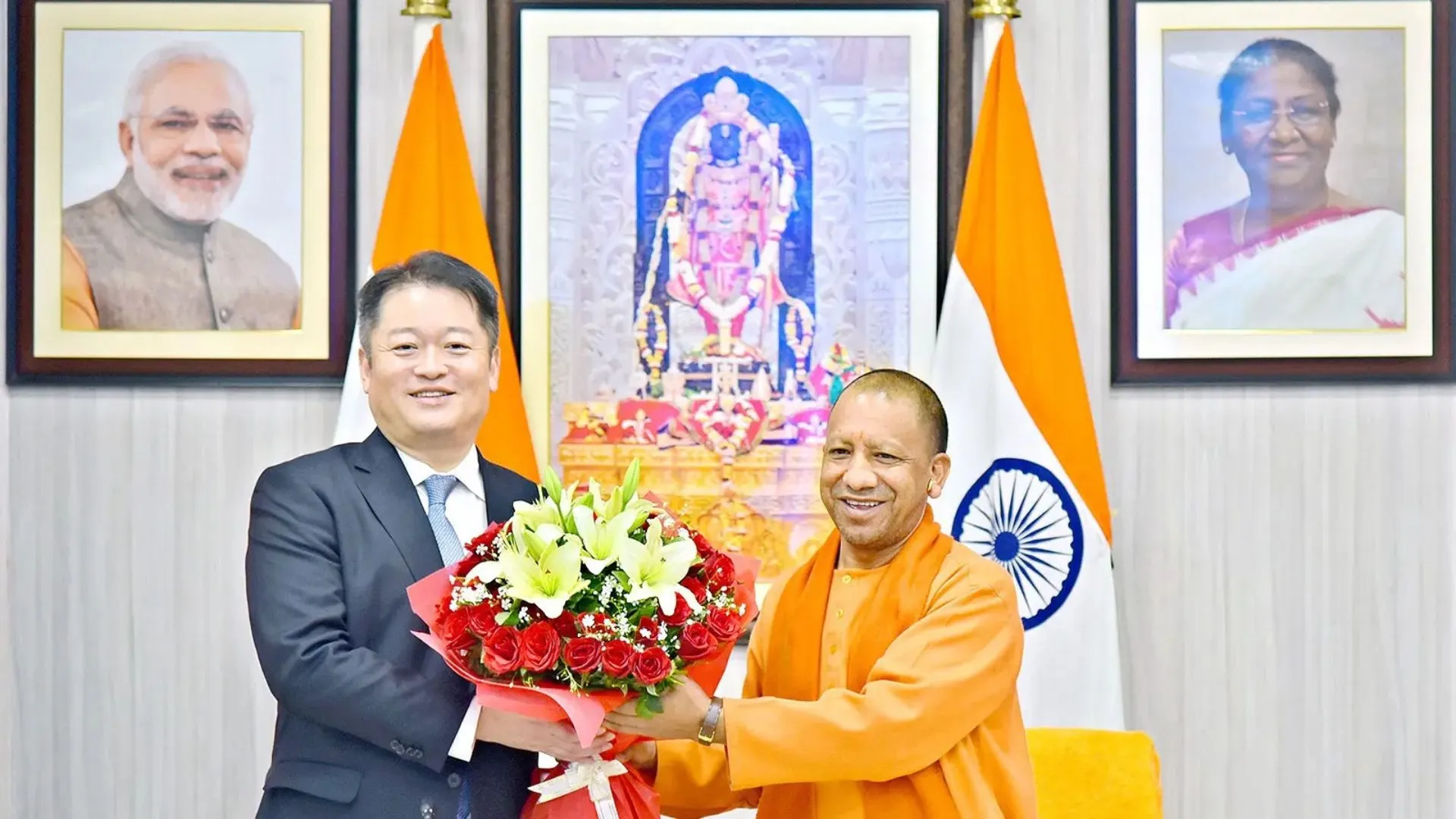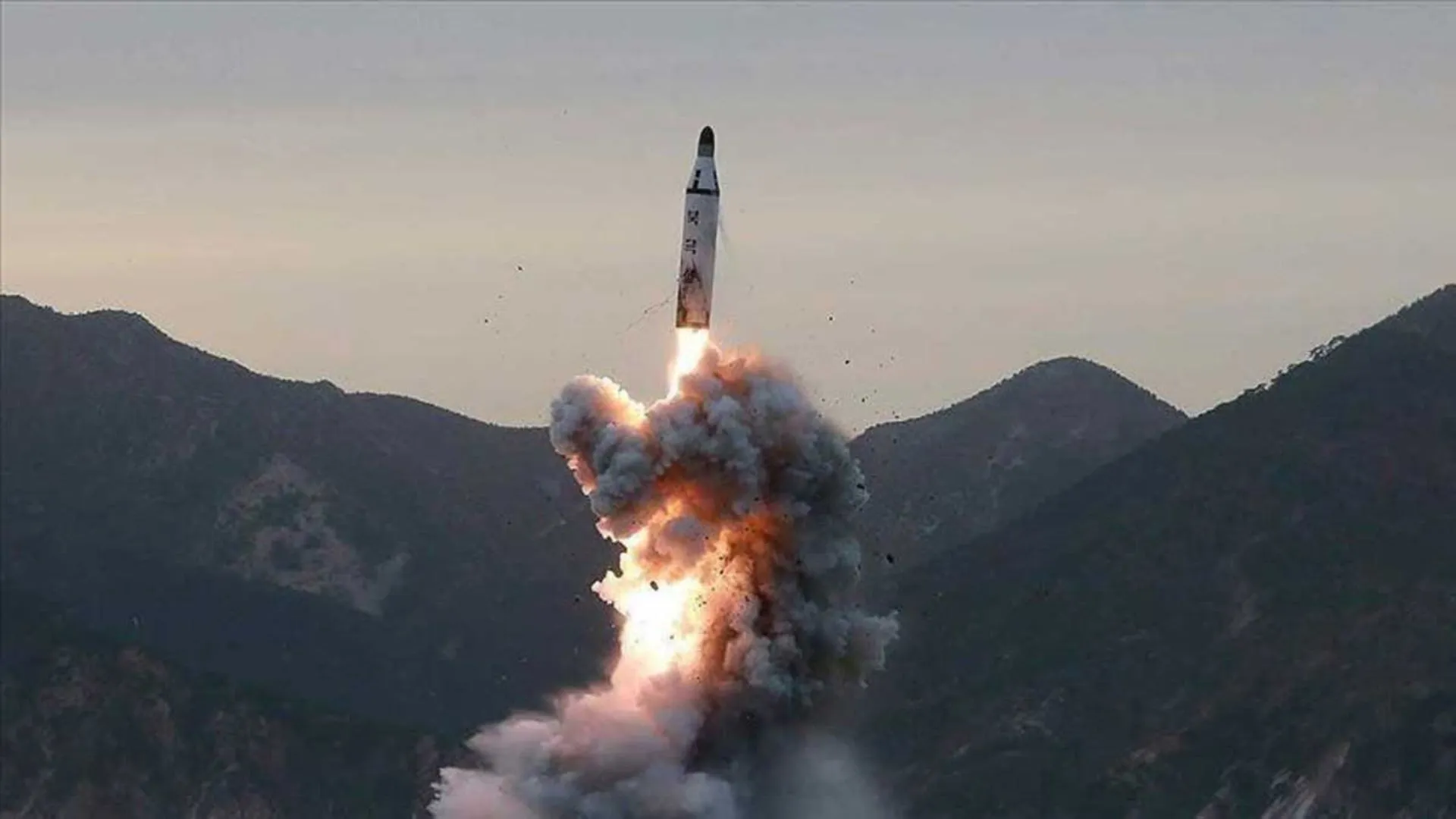In 2001, I was working on my dissertation during my Higher Command course. I came upon this farsighted thought of Deng Xiaoping. He had said in 1984, “We hope that for at least twenty years there will not be a war, and hope even more for no war in the next seventy years. Then we can have the time calmly to carry out our socialist four modernistions… If we truly have twenty years, thirty years without war, no war in fifty years, then this war has the possibility of being avoided.”
This statement contains China’s aspirations and strategy: War avoidance as a route to superpower status. I personally felt that it was a great vision for China. Deng had probably foreseen that the Western powers would exhaust themselves in wars. By the time the West would be exhausted, China would have risen. In 2001, what Deng had said was already coming true. Thirty years since 1984 puts you in 2014. The period of break-up of USSR, Gulf Wars, Afghanistan, War on Terror. Let us also not forget Grenada, Panama, Libya, Bosnia, Kosovo, Somalia, Haiti, and more such campaigns. As the West was exhausting itself, China was gaining strength under the carpet. It had started undermining the WTO, UN and other international institutions. It had quietly infiltrated porous democracies for its advantage. By 2014, glimpses of superpower status were appearing just over the horizon. Perfect.
Come 2012 and Xi Jinping arrives. He talks of the China Dream and rejuvenation of the Chinese nation. He launches the BRI. He announces that he will build the greatest military on earth. Barack Obama’s US looks away when he grabs the islands in the South China Sea. He advances all time lines. Theories of Mao’s Palm and Five Fingers and the Six Inevitable Wars China Must Fight start appearing in the media. He signals military intent. Donald Trump senses things slipping away from the US and launches the Trade War in his inimitable style. However things are still under control. China seemed to be purring into superpower status. Unstoppable.
The Wuhan virus struck. China panicked. The strategic opportunity was squandered.
Think back. When the Wuhan virus broke, there was a lot of international understanding for China. All China had to do was agree to cooperate with the world and be transparent even if it did not intend to do so. The virus would have spread anyway and created the chaos it did. The chaos would have led the US to take its eye off the ball as it actually panned out. At that time, no one thought militarily. Taiwan was lying virtually undefended when all three aircraft carriers of the US were non-ops with the pandemic. Up for grabs. The ‘One China’ and ‘Unification of the Chinese People’ dream would have probably been realised if China had stuck to its primary aim as enunciated in its white paper. What does China do? Diplomatically it unleashes its wolf warriors, becomes aggressive, hides the origins of the virus and starts diverting blame to others. Politically it usurps Hong Kong. Militarily, it sinks a Vietnamese fishing boat and starts a military campaign against India to settle the LAC as per its perception. However, as a national obsession, it cannot let Taiwan go. Hence it threatens an invasion of Taiwan also. By then the US is back in action. China also weaponises the virus through mask and vaccine diplomacy. It touts that its authoritarian system is better than democracies in controlling the virus. It berates the EU in Europe. It goes into an economic punishment mode with Australia. In essence, Xi Jinping has gone into unrestricted war with the world through multiple domains. The world reacts and China is now fully in the strategic dock. Xi Jinping has done the opposite of Deng’s formula. Complete strategic miscalculation? Let us examine it.
Apart from the virus-related issues, China has gone back or violated most of its international commitments. It was to maintain the special status of Hong Kong as per its treaty with the UK. It was not to militarise the South China Sea as per its own promises. Any change in the LAC status with India was to be bilateral. The significant emergent feature is that China is untrustworthy in international relations. Its expansionist tendency and world domination through communist ideology has bubbled up. If its debt trap diplomacy is added to the mix, its reputation worsens. The degree of Chinese untrustworthiness is unprecedented. Is that a major strategic loss? I think so.
China will face blame for the origin of the Virus whether it likes it or not. It is a matter of public conviction and opinion. Xi’s and CCP action has only compounded it. This blemish will endure. In influential nations and major economies, Chinese reputation has taken a severe beating. In addition, leaks reveal that the CCP has infiltrated multiple systems and institutions in democracies. This will have a rebound on Chinese people. Every Chinese individual risks being viewed as a CCP spy. Whether China likes it or not, it is entering into a period of international anti-Chinese McCarthyism and being shunned. It might not be overt but will happen. It also implies that western education and technology will be guarded against Chinese poaching by coercion or undermining. Anti-Chinese theft laws will come into being where none existed. It is inevitable. China’s isolation will be far more deeper than normally imagined. The strategic effect on China which places a lot of importance on ‘face’ will be greater.
Having resorted to military methods to settle issues, all that China has gained is sinking a fishing boat and gaining a few square km of barren territory. In Eastern Ladakh it is in a military stalemate with India. Loss of the Kailash Range to India opens vulnerabilities which were non-existent till date. Which means that PLA has to be defensively oriented and cannot vacate the area in a hurry. It is a new commitment of geo-strategic capital and resources. China’s actions have led to Taiwan reinforcing its defences with US assistance. Hence Taiwan will be an Island too far. It can only be usurped through debilitating military action. That too is doubtful. Japan is also militarising itself with additional budgets. A non-existent Quad has seen fresh life breathed into it. Most importantly the PLA ‘halo’ has been broken and its limitations severely exposed. PLA cannot prevail against India on land and cannot overcome the US at sea. PLAN does not have the capability to stray far from Chinese shores. PLA has emerged to be a fat man with short reach. Long way to go before it is feared. There is another major military flaw which has emerged. China has a stated aim to achieve complete mechanisation of PLA. In which battle field will a completely mechanised PLA fight? If one examines issues in detail, it emerges that there is a complete mismatch between the way PLA is modernising and China’s own threat perceptions. Even more importantly, the PLA’s lack of experience is a huge issue which experienced forces will exploit. There is one finality which has emerged. One can talk of ‘multi-domain’ warfare and ‘winning without fighting’ very slickly on paper in an academic analysis by armchair strategists. However, in reality, battles have to be won on ground after shedding blood and guts. China is short on this.
Internal fissures and instabilities have emerged or sharpened. There is an increased international focus on Xinjiang, Tibet, Hong Kong and Inner Mongolia. The Tibet related issues which were almost buried have got a fresh wind with the US taking lead by enacting a law. Sooner or later, India will change its stance and that will be big trouble for China. Human Rights issues which were often overlooked till date are being linked increasingly with China in all matters. These issues can be stonewalled to an extent and no more. Equally, China will have to internalise. Any internalisation will be at the cost of external focus. There are also internal political factors which keep cropping up. They will add to the internalisation of China.
Much is being made of Chinese economic recovery. While China is the one major economy which has best recovered, there are flaws which have emerged. Chinese state media keeps flaunting increased exports. Internal consumption is still stagnant as per other reports. It proves that China remains an export driven economy. Overall, its dual circulation strategy, which presupposes enhanced internal consumption, is unlikely to succeed. There is no doubt that consumer nations are still importing from China. However, as they recover from the virus effect, their imports from China will either go down or stagnate. Even if 20% supply chain relocation takes place away from China, it is troublesome. Further, ‘aging of China’ as a dampener and future drain on the Chinese economy is looming bigger by the day. It cannot be wished away. This issue figures in CCP discussions these days. Every second article has ‘aging population’ as an important limiting factor in the Chinese scenario. This will cap the Chinese economy in its time. It is unavoidable. It is mathematical. I foresee Western economies going into a ‘Deny China’ mode in future.
Another major chink in the Chinese strategy has surfaced. China is a resource deficient nation which has opened too many fronts in too many domains. At some point of time issues will resonate and China could be in trouble. Also, the chances of countries exchanging notes to handle China jointly are not out of context. For instance, there are reports that some cities are short of energy and are facing blackouts in winter. This is due to China’s ban on Australian coal imports. Further China has gone through unprecedented floods in its economic heartland. There are credible reports of food shortages. What if coal and food supply to China is deliberately interrupted through multiple methods post the next heavy floods? Internal instability? Too many vulnerabilities have popped out of the Chinese cupboard which can be exploited.
To think that China is on a great ascendancy is being off the mark. Also, its idea of globalisation as per Chinese rules is not acceptable to anyone. The sum total of the argument is that China is fighting a multi-domain war against too many opponents simultaneously without allies of note. If your only allies are Pakistan and North Korea, you are not in a great position. From Deng’s strategy of war avoidance, China has switched to Xi’s model of expansionist unrestricted warfare. In my opinion, prematurely and likely to be a drag. The question is: Will China exhaust itself in the multi-domain wars of Xi Jinping? Is it the great leap backwards all over again?
Lt Gen P.R. Shankar was India’s DG Artillery. He is highly decorated and qualified with vast operational experience. He contributed significantly to the modernisation and indigenisation of Artillery. He is now a Professor in the Aerospace Dept of IIT Madras and is involved in applied research for defence technology. His other articles can be read on www.gunnersshot.com.
Come 2012 and Xi Jinping arrives. He talks of the China Dream and rejuvenation of the Chinese nation. He launches the BRI. He announces that he will build the greatest military on earth. Barack Obama’s US looks away when he grabs the islands in the South China Sea. He advances all timelines. Theories of Mao’s Palm and Five Fingers and the Six Inevitable Wars China Must Fight start appearing in the media.
Having resorted to military methods to settle issues, all that China has gained is sinking a fishing boat and gaining a few square km of barren territory. In eastern Ladakh it is in a military stalemate with India. Loss of the Kailash Range to India opens vulnerabilities which were non-existent till date. Which means that PLA has to be defensively-oriented and cannot vacate the area in a hurry. It is a new commitment of geostrategic capital and resources. China’s actions have led to Taiwan reinforcing its defences with US assistance. Hence Taiwan will be an island too far. It can only be usurped through debilitating military action.

